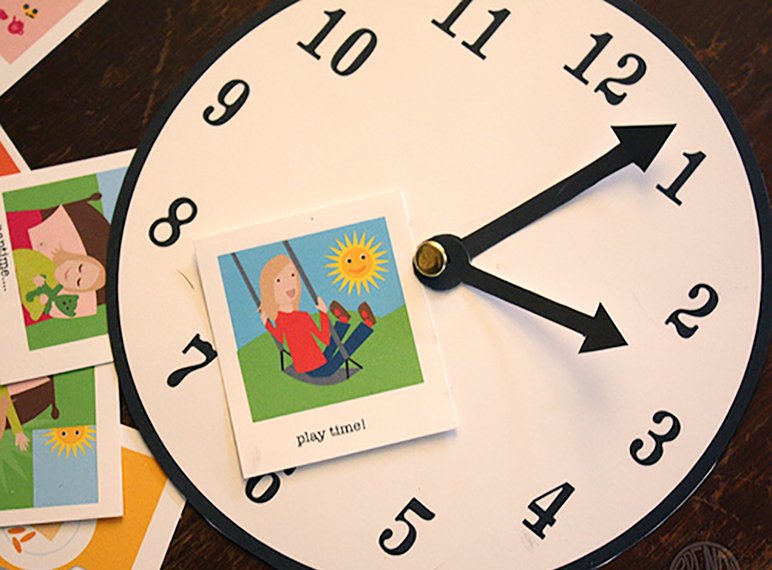
“Too many of us believe the world is to be discovered, rather than a product of our own construction and thus to be invented”. Ellen Langer (Counterclockwise)
“Counterclockwise” is thought provoking book about health and aging. The author defends that our health and real age (biological age) depends a lot more then we think in what we think and interact with the world around us. That means we can live better and more by changing what we do and think.
Ellen Langer is lecturer and a researcher on subjects like illusion of control, mindful aging, stress, decision-making, and health. The author was the first woman to gain tenure in the Psychology Department at Harvard University and she is considered to be a pioneering researcher in successful aging.
“Counterclockwise” is one of her eleven books. She is also author of more than one hundred scientific articles.
What I think is particular to this book is that it defies many preconceived notions we usually have around health and aging. The key idea of the book is that biological age and health depends more then we usually think of society around us and what we do and think. It is a cliché to say that we are only as old as we feel. According to Ellen Langer the cliché is literally partially true and it can work for or against us.
The author presents several scientific studies justifying her position. Perhaps the most impressive study presented is one with a group of elderly men. That group made a “time travel” from 1979 to 1959. The time travel wasn’t, of course, literal. Basically, those men did a retreat of one week in a place that recreated 1959. Things like the decoration, music, photos, newspapers and current events were like 1959. The group was subject to physical and mental tests before and after the retreat. The results were impressive. According to Ellen Langer, the group that went to “1959” “showed greater improvement on joint flexibility, finger length (their arthritis diminished and they were able to straighten their fingers more), and manual dexterity. On intelligence tests, 63 percent […] improved their scores […]. There were also improvements in height, weight, gait, and posture.”

Our health and biological age is partially a social and psychological construct. From my point of view, one of the lessons of the book is that we shouldn’t take life too seriously. We should be freer from society to adopt the life-style that that we want. Society around us tries impose to us certain standards in relation to what we should think and do that affect our well-being and longevity. Many times we don’t do things that gives us pleasure simply because we think it isn’t proper for our age.
Personally, I had some members of my family advising me repeatedly to stop doing sports (like basketball) because it was harmful to my health. In a medical appointment, I took the opportunity to ask the doctor if he agreed with the opinion of my family. The doctor said that not only I could, but I should do those sports because it was good to my health. I just had to be careful to always warm-up and listen to the signs of my body.
We should be careful with the mind-set society tries to impose on us. Many times those mind-sets don’t serve us in many areas of our lives – our health and longevity aren’t exceptions. Sometimes, core patterns and hard held beliefs that are the foundation of our mind-sets aren´t necessarily true. Sometimes they were true and they aren´t true anymore. Other times they weren´t ever true. One of the things “Counterclockwise” tries to teach us is to be more active in relation to the care of our own health. The author to seek more information and, in some cases, to seek a second or even a third medical opinion.
The book has two flaws, from my point of view. One, is the length of the book. For some reason, the majority of American non-fiction writers seem to be paid by the word. They write and write, producing books with dozens or even hundreds of unnecessary pages. Ellen Langer is no exception on this issue. “Counterclockwise” is longer than it should, on several dozens of pages. She likes to tell too many stories with too much detail – detail we really don’t need just to repeat the same message.
The second flaw is that her writing is sometimes too academic making the book at times a bit boring. It is understandable by two interconnect reasons : First she is a lecturer and researcher after all. Second, her aim was to write a book supported by solid and up to date scientific research.
Anyway, reading the book of Ellen Langer is a way of “touching” some foundations of our mind-sets in relation to health and longevity. Perhaps some of the foundations in your mind are just “smoke”. Well, some of mine are just “smoke” after being “touched” by this book.
In the following video, Ellen Langer presents the research that led to her book:
Ivo Dias de Sousa is a Portuguese writer born in Mozambique. Ivo is also a Professor at Universidade Aberta, Portugal, giving courses on information management. Currently, Ivo is interested in using his experience on information management to construct applications (see http://windit-app.com/ ) for smartphones, in collaboration with others. Ivo holds a Master in Statistics and Information Management (Universidade Nova de Lisboa) and a Ph.D. in Information Management (Universidade Aberta). Amongst his main interests are information management, psychology of luck and literature.









